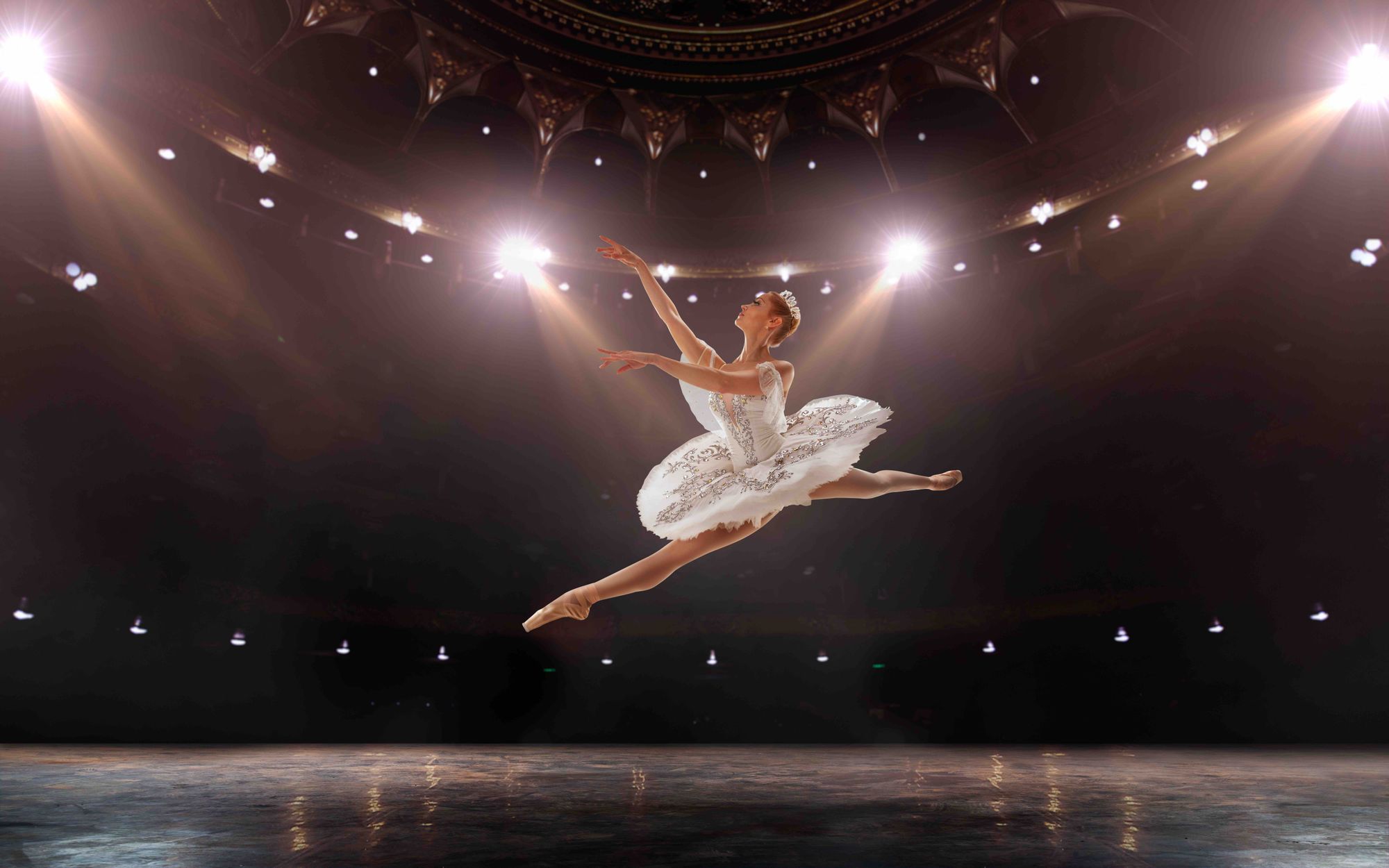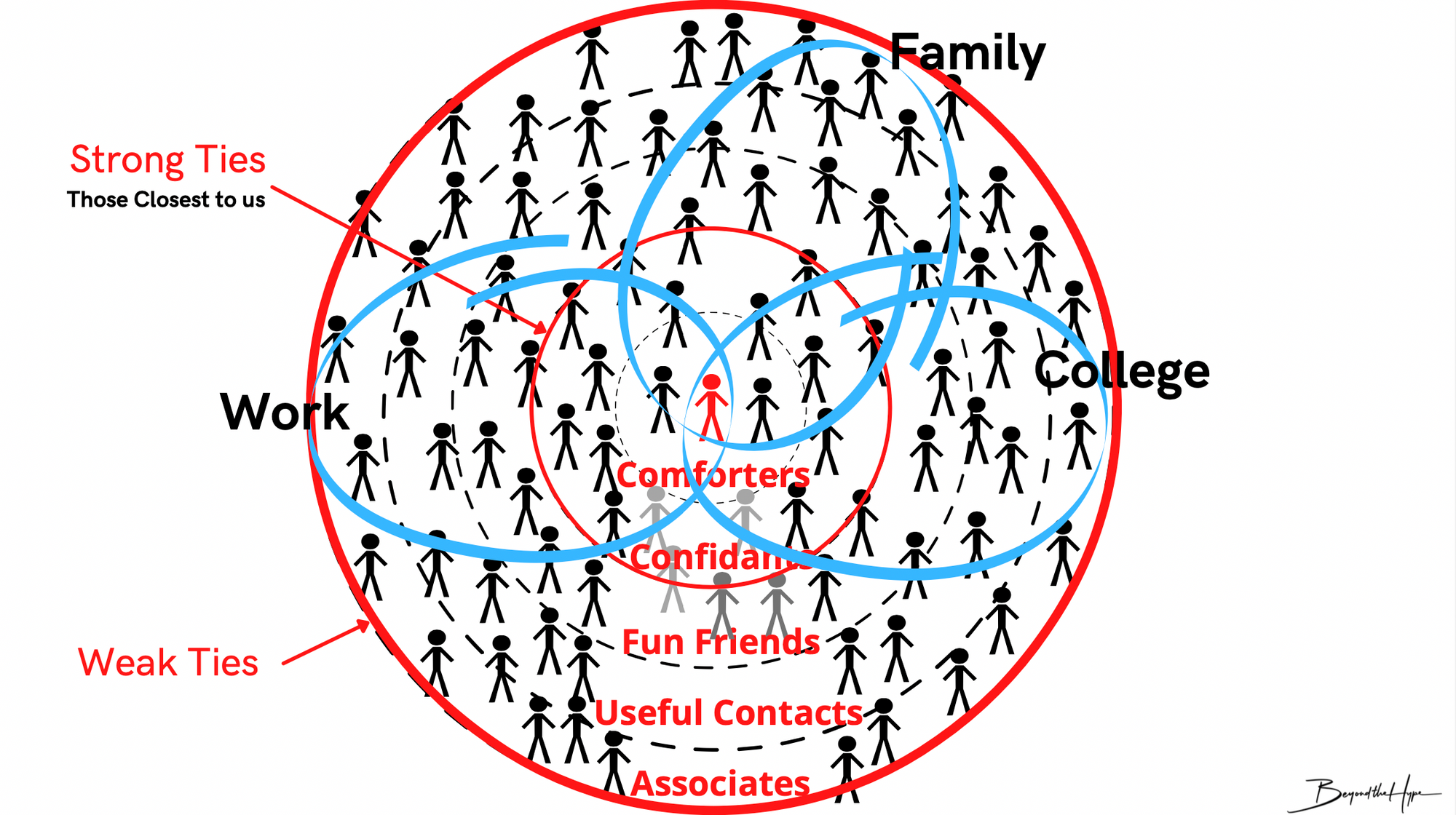Attitudes are Everything.
Excellence is not a skill; it is an attitude.

"Man's attitude is the secret of life, for it is upon man's attitude that success and failure depend." Hazrat Khan, Mastery
Attitude is the little thing that matter most. It is the impulse behind every thought, the energizer bunny of your inner world. If you can change your mind, you can change your life. Attitudes are the mirror reflection of our mind’s eye. Changing an attitude IS changing your mind, as attitudes are our evaluations or color commentary of our world. Our attitudes tell us what we can and cannot do. I bet everyone understands what a bad attitude looks like.
Some attitudes are more important than others because they are more valuable to us and thus impact our daily lives. The importance of an attitude, assessed by how quickly it comes to mind, is known as attitude strength. Strong attitudes are essential; we hold them confidently, do not change them very much, and use them frequently to guide our actions.
What we think and feel in a given situation is shaped by our past experiences. Strong attitudes are fostered from experience. Constructing a strong attitude that functionally serves us takes time. New Year’s resolutions fail by not giving your attitude time to take shape and become strong and foundational in your life. Distractions, obstacles, and the absence of willpower intervene before the attitude can take hold. Quitting in the face of challenges is an attitude too. (1)
By one definition, attitude is a settled way of thinking or feeling about someone or something, typically reflected in a person's behavior. A collection of attitudes is referred to as a mindset or point of view (POV). With a solid definition of attitudes forming a mindset, I want to look at how we direct our point of view. Three distinct aspects of our attitudes intrude on our daily lives.
First, what is our attitude toward ourselves? Do we consider ourselves handsome or pretty? Strong or weak? Dependable or inconsistent. Do we like ourselves and treat ourselves accordingly? The way we see ourselves justifies our internal dialogue that either empowers or condemns us every waking moment.
Remember the Pogo quote, “We have met the enemy, and he is us." Of course, that's absurd to make ourselves the enemy. Or is it?
We are an aspirational species. Our eyes are fixed on the horizon. In some cases, the more ambitious of our species are up on their tiptoes with a laser-like focus staring over the horizon. They want more.
Most of us want to evolve and optimize our skills and capabilities. The difference between living on the edge of our capabilities and hiding our talents under a shroud of insecurity is buried deep in the elusive intangible referred to as confidence.
Confidence is a feeling of certainty, trust, or belief in something or oneself. (2) To possess true confidence, we cannot be engaged in internal blood feuds with ourselves. We must believe in ourselves. We can only reshape our attitudes by shrugging off our failures and relentlessly re-running our successes through our mind's eyes.
Second, what is our attitude toward those closest to us? Are we attracting or repulsing those inside our inner circle with our attitudes? Are we taking them for granted? Why does this matter?
Robin Dunbar is a British anthropologist, evolutionary psychologist, and specialist in primate behavior, currently head of the Social and Evolutionary Neuroscience Research Group in the Department of Experimental Psychology at the University of Oxford. His fame came from formulating the “Dunbar number” of around 150 people as the “cognitive limit to the number of individuals with whom any person can maintain stable relationships.”(3)

“About 40 percent of our social time is devoted to the five people in our innermost social circle, the support (comforters) clique,” Dunbar’s research indicates. Another 20 percent is dedicated to the ten additional people (confidants) that comprise the next layer’s fifteen members, the sympathy group. On average, we devote seventeen and a half minutes to each of the five people in the support clique and about four and a half minutes daily to each of the ten people that make up the rest of the sympathy-group layer. (3)
The friendship networks research aims to emphasize your social relationship’s impact on your future. As Wharton marketing professor Dr. Jonah Berger explains in his book “Invisible Influence,” “Just like atoms bouncing off each other, our social interactions are constantly shaping who we are and what we do.”
Interestingly, psychologists found that people prefer things, not for internal reasons but simply because they’ve repeatedly been exposed to them. This idea is known as the mere-exposure effect. Your desires are often the result of being exposed to something. For instance, research shows that people frequently exposed to cigarette commercials reported a more positive attitude toward smoking. This is true of your peer group. The proximity effect predicts that you’re more likely to be friends with the person who sits next to you in class than the person who sits two rows ahead.
Business strategist Charlie Jones stated, “You will be the same person in five years as you are today except for the people you meet and the books you read.” By proactively changing your inputs of information, experiences, and people, you become aware of what you previously didn’t know. You see what you once didn’t notice. Your behavior and tastes change to align with your new evolved self. (3)
"As humans, the relationships we form with other people are vital to our mental and emotional well-being and even our survival," Dr. Sheehan D. Fisher, Ph.D. at Northwestern Medical, in his September 2021 article, "5 Benefits of Healthy Relationships." Our attitudes or mindset toward our inner circle determine our future and our happiness. (4)
Third, what is our attitude toward strangers? This one is easy. Having a bad attitude is synonymous with the picture below. The repellent nature of the young lady's body language, facial expression, and overt gestures is visceral. We understand her sentiments without words. But other attitudes are more subtle and nuanced. Allow me to share a story from my post, "London & The Library Bar."

Shortly after the turn of the millennium, I was in London for a week on business. Needing a splash of sophistication added to my travel grind, I chose one of my old haunts to relax, isolate and recharge. My selection was the storied grand luxury mansion on the doorstep of Hyde Park, just a short walk from Harrods, Harvey Nichols, and London’s most exclusive shopping districts of Sloane Street and Knightsbridge. The Lanesborough Hotel is home to 93 luxurious suites and bedrooms perfect for my reclusive stay in London.
I sat in the Library bar reading a book, and that's when my evening took a drastic turn. She walked in and took a seat at the bar after giving me a quick disapproving and dismissive glance—clearly a recent Russian import. The lady was all business with dark hair, deep blue eyes, and a permanent smirk. Her navy blue business suit appeared expensive and conservative to the hilt. Prone to keep to myself, I went back to my book. That is when the mystery lady’s glancing dismissal began to speak to my inner guy. That competitive part of my nature is better suited for outdoor sports, not engaging the opposite sex. I caught the eye of my bartender. He knew of my recent romantic woes. A slight cock of his head gave me the go-ahead to tackle the dangerous approach of a raven-haired lady. I selected my “coyly interested” version on my charm meter and made my way to the bar.
I did notice that my polished barkeep backed up, ready for the collateral debris of a brutal rebuff. “I got this.” I thought. “No problem.”
“Good evening,” I said in Russian as she looked up.
She frowned. “Don’t waste your time or money. I don’t drink with men from State security.”
Taken back, my eyebrows raised. “I am not with State Security,” I replied.
She switched to English. “You are American. No? Someone’s bodyguard?” With The Lanesborough’s clientele, bodyguards were commonplace.
“No,” I answered.
“Military?” She continued.
“Former.” I managed to nod.
“Security. GRU. No?” She finished me off. ” Or maybe James Bond?” Her deep blue eyes looked through me, obviously concerned about who wrote my paychecks.
For a man who prided himself on his awareness, a thirty-something Russian had schooled me and outed my former life with a mere glance. I was no James Bond by any measure, but I had been the American equivalent of the Glavnoye Razvedyvatelnoye Upravlenie or GRU in a past life. “How did you know?” I knew the answer before she said it.
“Your eyes. And the way you carry yourself.” She said. “I can see that you are not afraid.”(5)
My attitude toward myself gave me away that night. I wore my confidence like an overcoat. I had forgotten the quote, "the most important thing you will ever wear is your attitude."
Attitudes form a channel for our efforts to engage ourselves and others, and the right attitude makes a channel for the right effort. The world is filled with challenges, tests, and trials. How we cope with and overcome our trials flows out of our attitudes. Also, the degree to which we can get others to cooperate and collaborate to face our struggles is driven by our attitudes. It seems that attitudes are everything.
Until next time. Travel safe.
Endnotes:
(1) Watson, Robert Q. "Attitude" Beyond the Hype (2022) https://www.beyondthehype.media/attitude/
(2) Watson, Robert Q."Confidence" Beyond the Hype (2022) https://www.beyondthehype.media/confidence/
(3) Watson, Robert Q."Friends" Beyond the Hype (2022) https://www.beyondthehype.media/friends/
(4) Watson, Robert Q." She says baby" Beyond the Hype (2022) https://www.beyondthehype.media/she-says.baby/
(5) Watson, Robert Q." London & The Library Bar" Beyond the Hype (2022) https://www.beyondthehype.media/london-the-library-bar/

